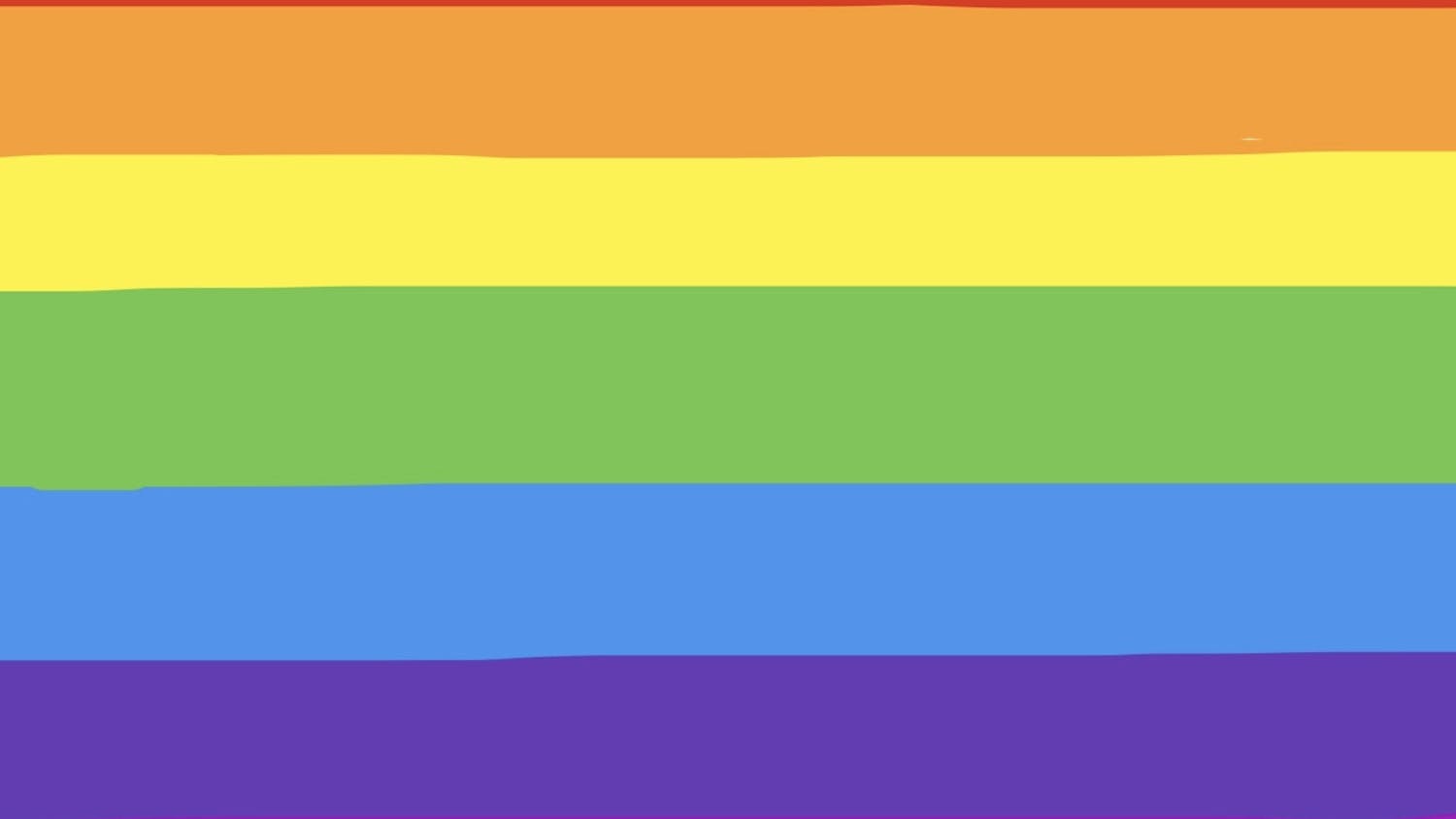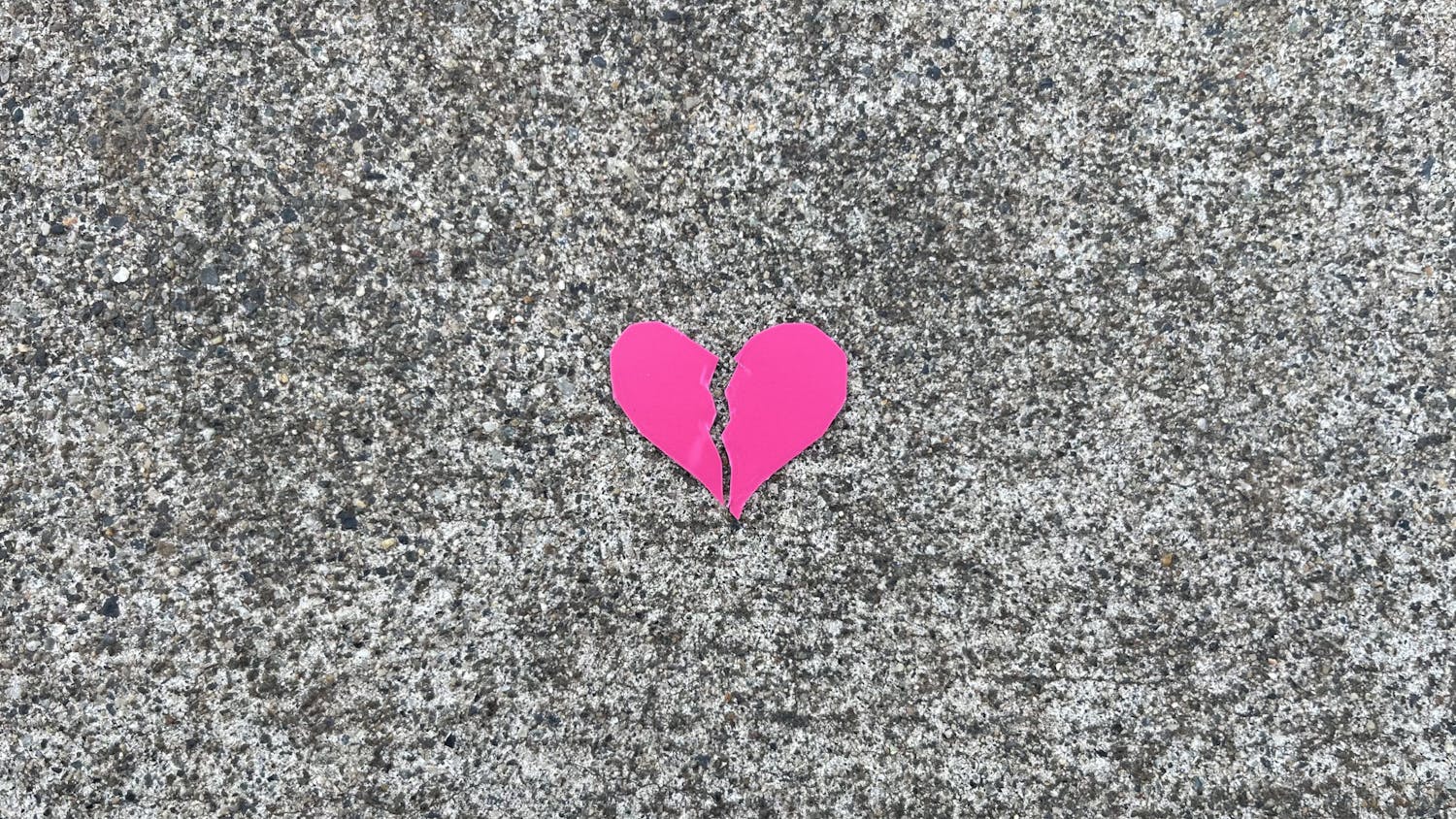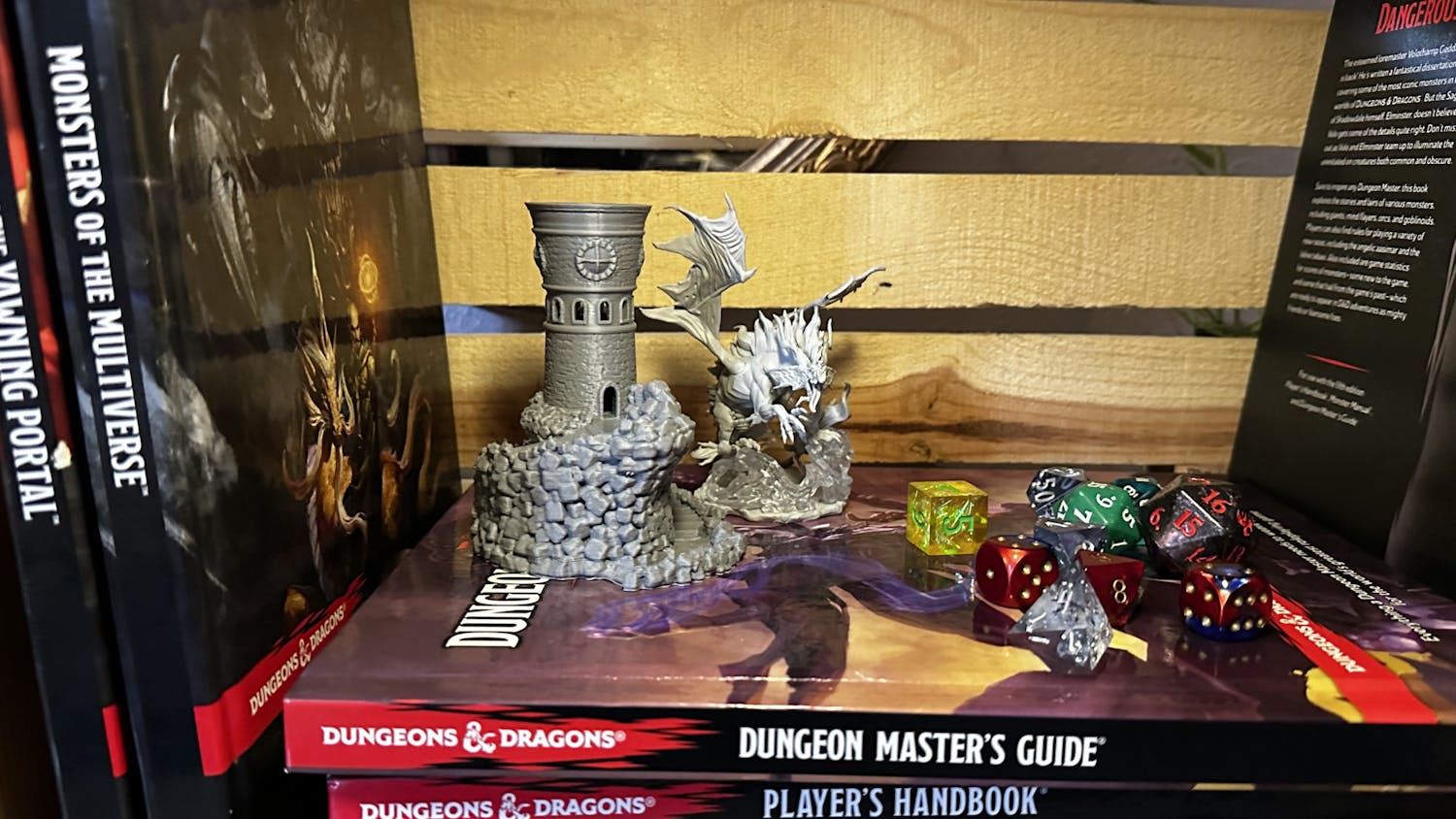As someone who uses gender neutral pronouns, I encounter many well-meaning people who don’t understand the concept and value of personal pronouns. You know: she/her/hers, he/him/his, they/them/theirs, and the variety of other pronouns that people may choose to be referred to by. It may have never crossed these well-meaning folks’ minds that they, too, have pronouns that they depend on in social, academic, familial, occupational and other realms of life. The secret is this: pronouns are important for everyone.
When I ask a group of people to state their name and pronouns, it is because I can’t know that I’m respectfully referring to them if I haven’t asked. There is no way to be sure that I’m not misgendering someone, which is what happens when you disregard someone’s correct pronouns, generally causing something between mild discomfort to enormous distress. Another secret: we’ve all misgendered someone, knowingly or unknowingly. Asking for pronouns is also, quite simply, a sign of respect for everyone with whom I may communicate with. My general rule is that if I’m in an interaction that requires learning someone’s name, it is also important to learn their pronouns.
It seems important to take a moment and ponder how and why we have gotten so very accustomed to categorizing every person that we meet into one of two boxes: male or female. When did we learn that (frankly creepy) process? That is a question for a gender studies class, which I highly recommend. I would like to believe in our collective ability to think critically about the process of scanning every person that we meet to make gendered assumptions. Oftentimes, that assumption is correct. However, many times, it is not. The process itself is what needs to change, not the people who don’t fit into those boxes.
I have become very fond of one simple word: person. We are all people and we can acknowledge each other’s personhood without assigning a gender to that experience. I like to say that I don’t feel like a boy or a girl, I just feel like a person. It connects me to my humanity, to the ways that I can free myself from gendered expectations and create a freer world, where wearing lipstick isn’t mutually exclusive to cologne, and neither mean anything about someone’s gender.
Asking and honoring pronouns is a small but incredibly significant way of making space for expressions of gender — and genderlessness — that aren’t predetermined, one-size-fits-all, either/or, concrete choices. If we lived in a world like that, we might all be a little freer.
Emerson Lee, senior at Western





